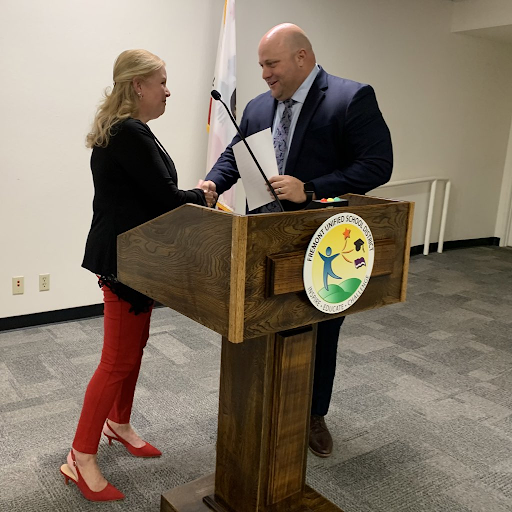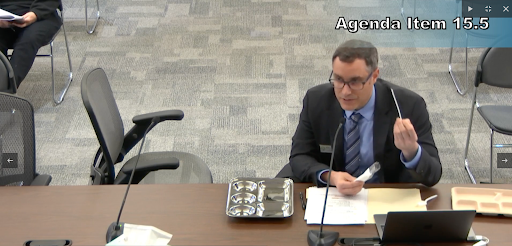Swine Flu is back and it’s hitting hard
Whether you call it H1N1 or swine flu, one thing I for sure: this epidemic is back with a vengeance. As students refill classrooms, hallways, and cafeterias all across the world, so is the swine flu. Prior to the beginning of the school year, the World Health Organization (WHO) gave a strict warning of “a possible second wave” of H1N1 attacks. With flu season up ahead, officials warn that back-to-school may have a role in further spreading the disease.
According to the WHO, the worldwide death total has risen above 3,200. The Center for Disease Control reports that over 556 of these deaths come from the United States alone. Of those 556, 144 come from California. However, this is no reason to panic, because swine flu is no more lethal than the regular flu.
Most of these deaths occur from a general pool of vulnerable groups. Data from the WHO suggests that such vulnerable groups include people with weakened immune systems and limited immunity such as pregnant women, people suffering from obesity, and young children.
This makes high school the ultimate breeding ground for swine flu. Because teens have little or no immunity to this new strain of flu, once one student has it, the virus quickly spreads throughout the school. The students then take the disease home where it spreads to parents, siblings, workplaces, and communities, in a vicious, never-ending cycle. So far, nineteen percent of 5-18 year olds have been hospitalized because of swine flu as opposed to the average three percent that have been hospitalized because of the regular flu.
The school administration is taking universal precautions to make sure that this cycle is put to and end before it even begins at Irvington. Students are urged to remain home at the first signs of illness and since the beginning of last year, anti-bacterial lotion has been available to students throughout the school to decrease contamination.
School nurse, Jeanne Chiu says, “ If a student feels sick, he or she should go straight to the office and the attendance clerks will assess their health. Don’t panic, use common sense, and stay healthy.”
For now, students can do their part in stopping the spread by washing their hands frequently and not making contact with face, eyes, or mouth after touching a contaminated surface.






















